Brazil's Environment Minister, Marina Silva, urged countries to have the courage to create a fossil fuel phaseout roadmap during the ongoing Cop30 summit in Brazil. Silva emphasized that the process would be voluntary for governments that wish to participate, and self-determined. The contentious plan has been a point of contention among countries, with some advocating for its inclusion in the formal agenda.
According to Silva, drawing up a roadmap for the phaseout of fossil fuels would be an ethical response to the climate crisis. "It's an ethical answer to the climate crisis," she said. However, she stopped short of committing Brazil to the plan, stating that the process would be self-determined. The Brazilian government has maintained a neutral stance on the issue, as host of the summit.
The idea of a fossil fuel phaseout roadmap has been met with resistance from some countries, which argue that it is too ambitious and could have significant economic implications. In contrast, environmental groups have welcomed the proposal, seeing it as a crucial step towards reducing greenhouse gas emissions. "This is a critical moment for the world to come together and take bold action on climate change," said a spokesperson for a leading environmental organization.
The Cop30 summit has been marked by intense negotiations over the inclusion of the fossil fuel phaseout roadmap on the formal agenda. While some countries have expressed support for the plan, others have raised concerns about its feasibility and potential impact on their economies. The Brazilian government has maintained a neutral stance on the issue, allowing countries to discuss the proposal in informal settings.
As the summit continues, countries are expected to engage in further discussions on the fossil fuel phaseout roadmap. While it remains unclear whether the plan will be included in the formal agenda, environmental groups and some countries are pushing for its adoption. The outcome of these negotiations will have significant implications for the global response to the climate crisis.



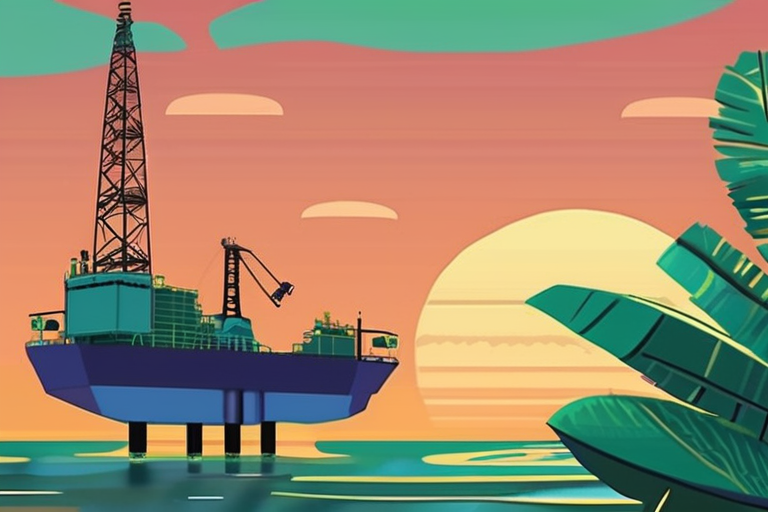

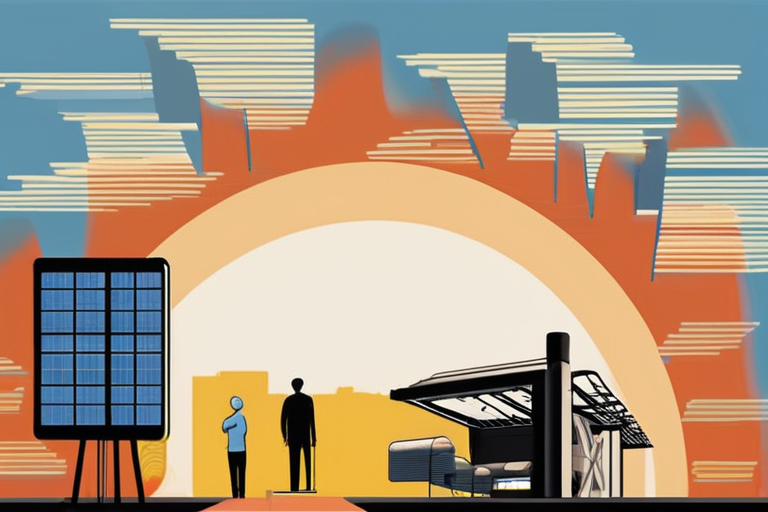








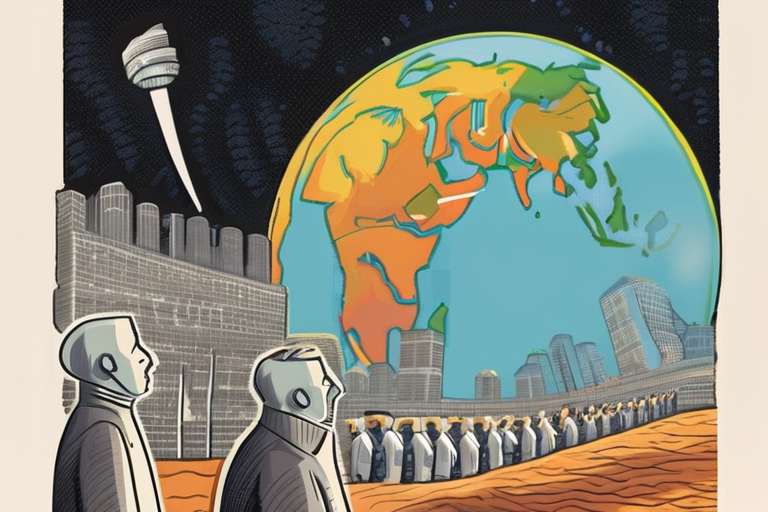


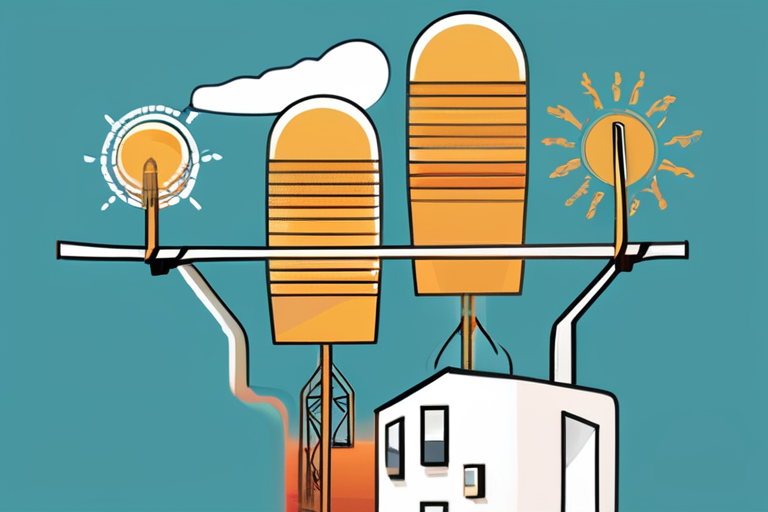


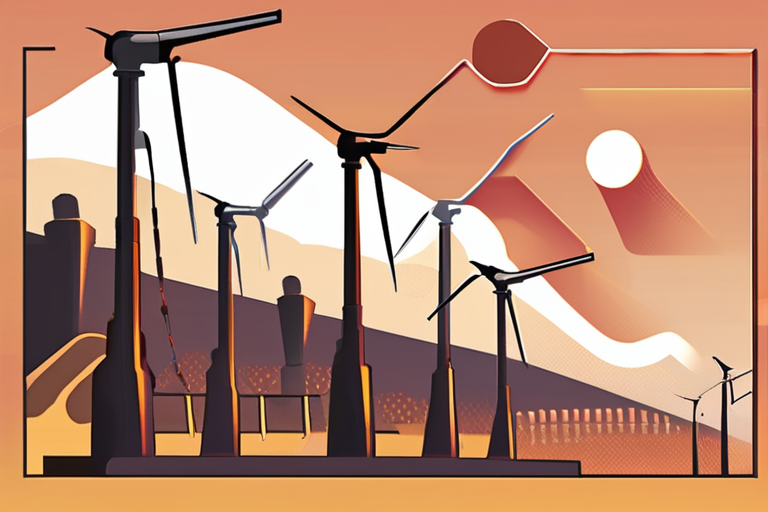





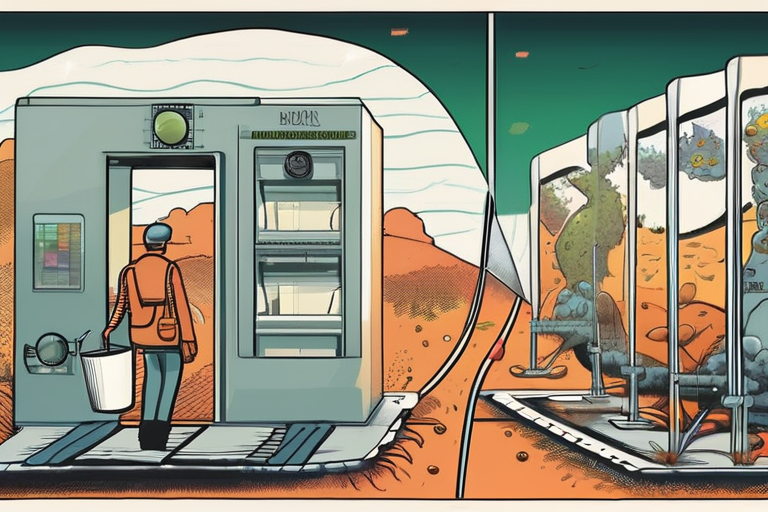
Share & Engage Share
Share this article